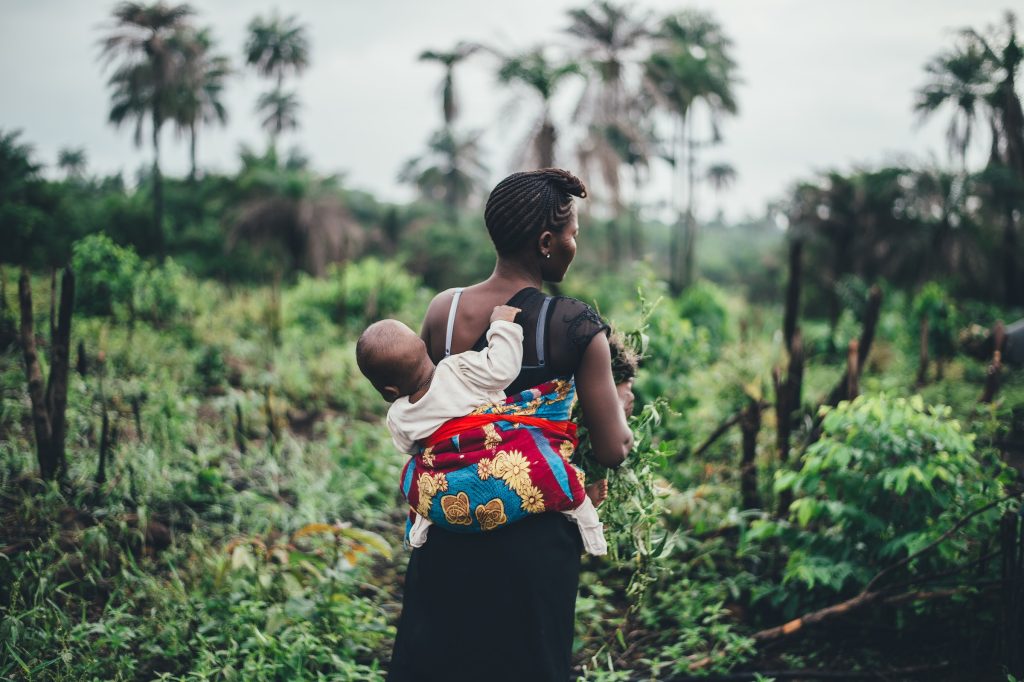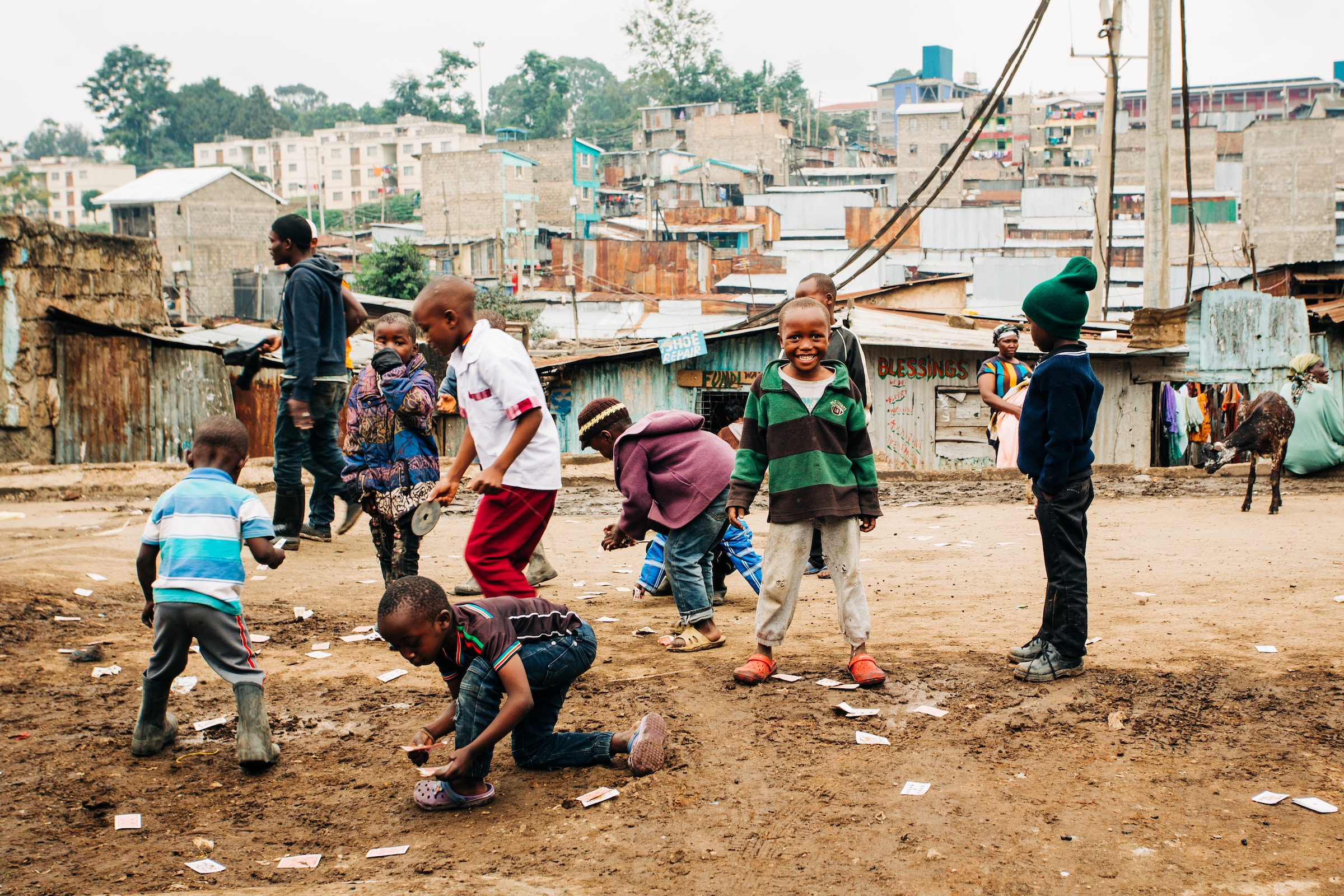
African Climate Summit: A Call for Equity and Responsibility
NAIROBI — The first-ever African Climate Summit has commenced, heralded by more than a dozen African leaders assembling to make a clarion call for fairer global responsibilities and adequate financing to combat climate change—a problem which, ironically, Africa contributes the least to.
Seeking a Stronger Voice
Initiated by Kenyan President William Ruto’s administration in collaboration with the African Union, the summit aims to amplify Africa’s voice on global climate issues. Emphasizing the immense opportunities presented by the climate crisis, Ruto spoke of potential multibillion-dollar economic avenues and the idea of shared prosperity. “We are not here to catalogue grievances,” he remarked.
Financial Shortfalls and Unmet Promises
The frustrations simmering in Africa stem from the continent’s expectation to adopt cleaner development methods, while richer nations—the primary contributors to emissions—don’t uphold their financial commitments. The Pan African Climate Justice Alliance points out that the current annual flow of climate aid is merely a fraction of the required amount. Though $83 billion was allocated to poorer nations for climate financing in 2020, this still falls short of the ambitious $100 billion annual target set in 2009.
Mohamed Adow from Power Shift Africa emphasized the continent’s vast clean energy potential, noting the necessity of funding from affluent nations who have prospered at the expense of Africa’s challenges.
Debt, Interest Rates, and Climate Solutions
A warning has been issued by the ONE campaign, an advocacy group, highlighting concerns over steep interest rates and insufficient funds from major institutions like the World Bank. Such financial constraints have not only escalated debt challenges for countries with low incomes but also hindered essential funding for climate change solutions. The report underscores, “Beyond affecting health and social welfare budgets, these nations are unable to channel their vast potentials into addressing climate challenges.”
International Participation
This summit has garnered international prominence with significant figures in attendance, including the U.S. climate representative John Kerry and the UN’s chief, Antonio Guterres. Guterres has emphasized that finance remains at the heart of the pressing “injustices tied to the climate dilemma.”
Environmental Controversies in Kenya
While Kenya boasts of generating 93% of its power from renewables and has implemented a ban on single-use plastic bags, it is not without its environmental controversies. President Ruto’s recent decision to lift the longstanding ban on commercial logging raised eyebrows among environmental advocates. The decision, currently contested in court, has been defended by the government stating only mature trees in state-run plantations would be affected.

Local environmentalist Isaac Kalua pointed out, “When a country is holding a conference like we are, we should be leading by example.”
The Road Ahead
Despite its abundance in renewable energy sources, Africa grapples with providing electricity to nearly 600 million of its inhabitants. As President Ruto poignantly warns, the repercussions of climate change, if left unchecked, will have widespread ramifications. “When the apocalypse happens, it will happen for all of us,” he stated.
The African Climate Summit, thus, stands as a testament to the continent’s plea for fairness, collective responsibility, and prompt action against the looming climate threat.
©eco-guardians.org